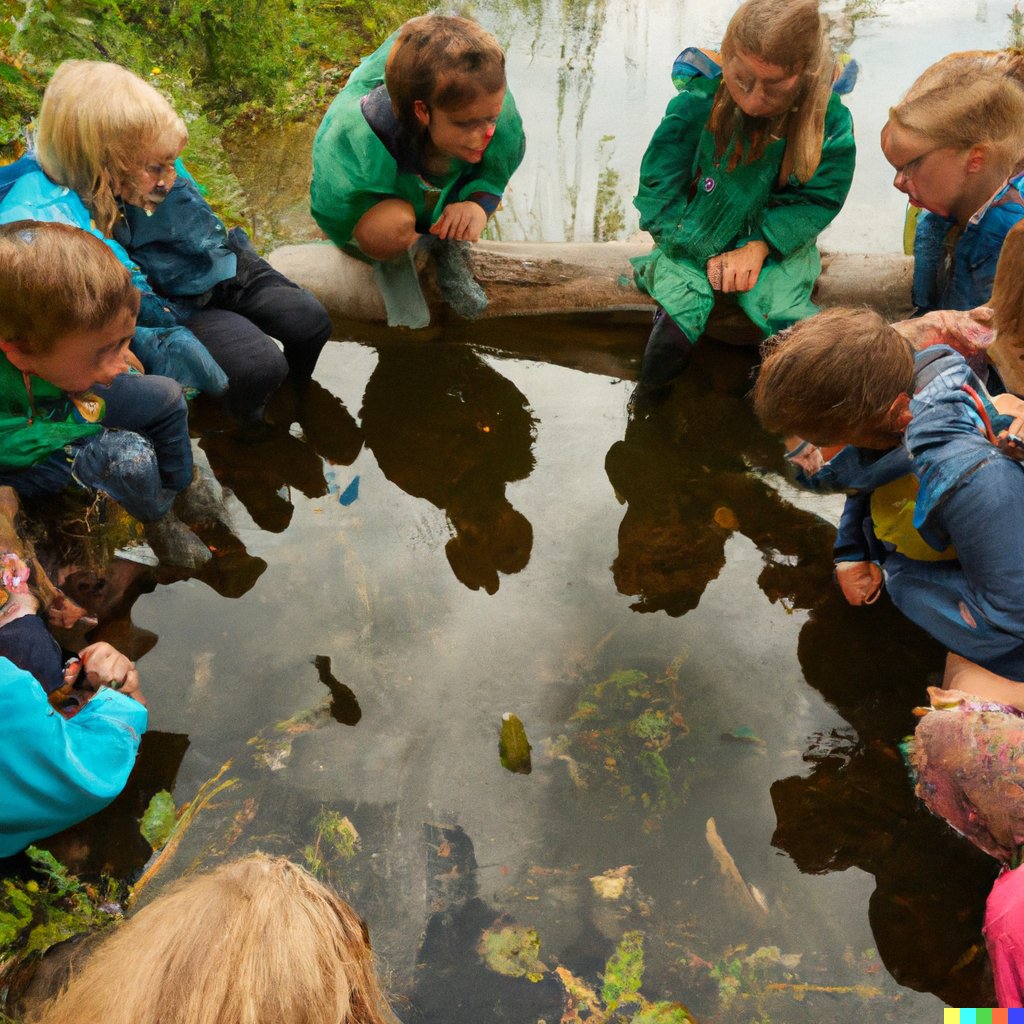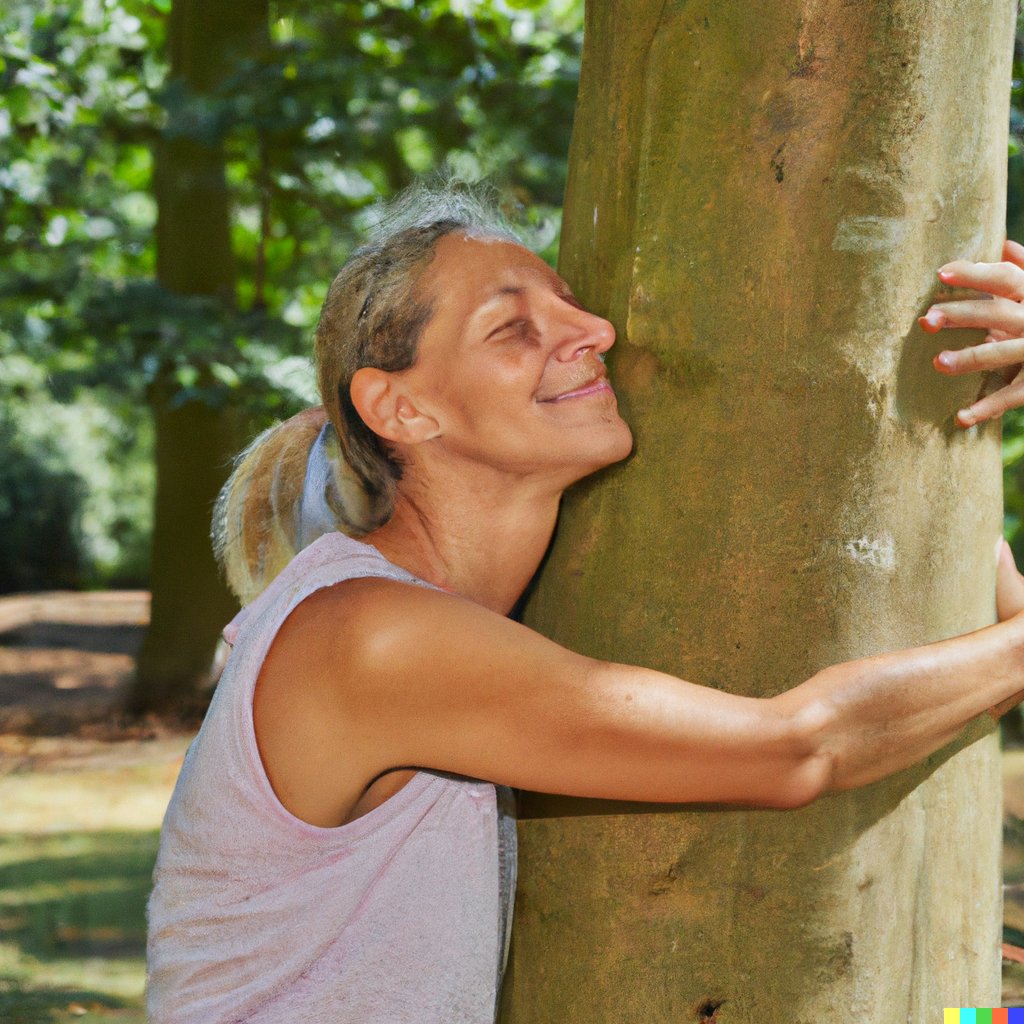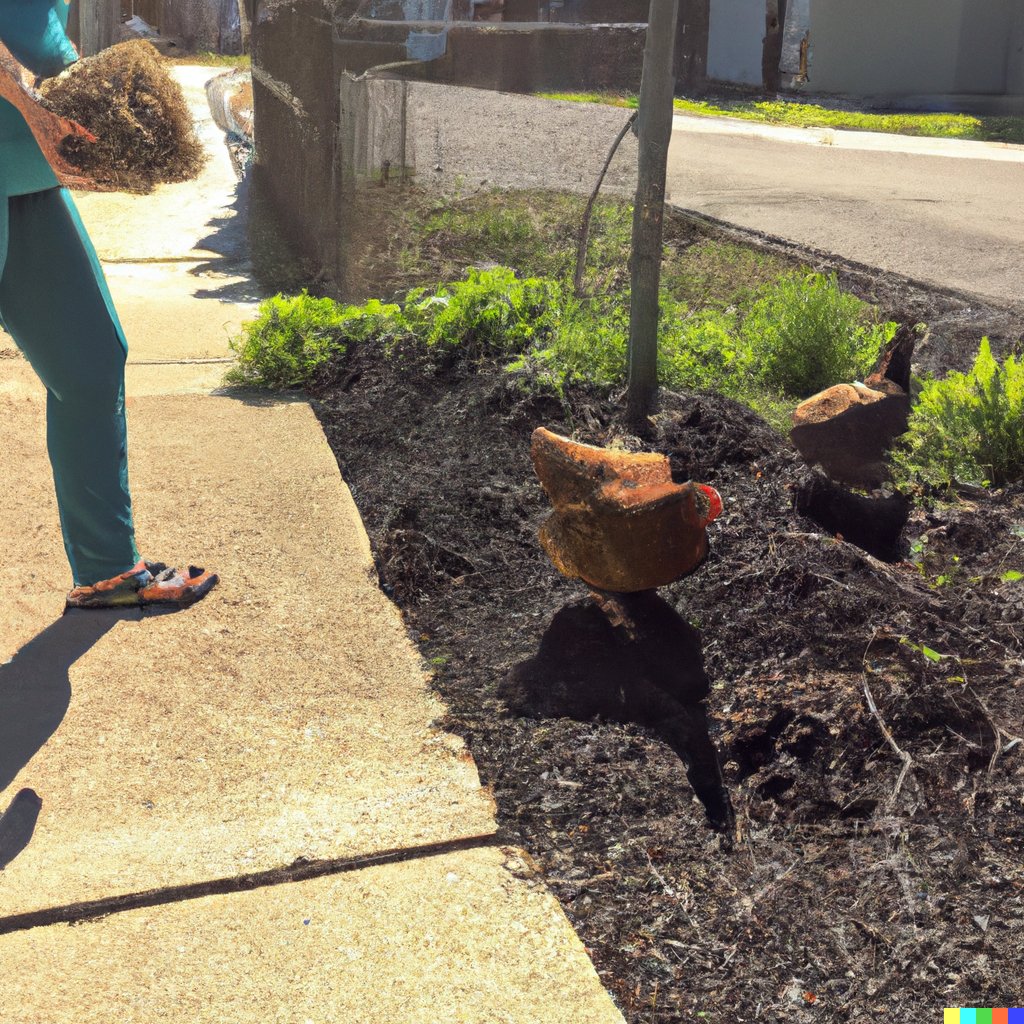
The Philosophy of Lazy Sustainability
Solve Pain:
- Overwhelm of Global Issues: The enormity of climate change, pollution, and biodiversity loss can feel overwhelming. Lazy sustainability offers a manageable, step-by-step approach.
- Guilt over Waste: Seeing trash bins overflow or witnessing food wastage can induce guilt. Lazy sustainability provides easy solutions to mitigate waste.
- Complexity: Traditional sustainability methods can seem complex, requiring significant lifestyle changes. Lazy sustainability simplifies the process.
- Expensive: Many believe that sustainable choices, like organic food or electric cars, are more expensive. Lazy sustainability emphasizes low-cost or even cost-saving measures.
Receive Pleasure:
- Tangible Impact: The joy of seeing a thriving home garden or the reduced waste in your bin gives a sense of accomplishment.
- Community Engagement: Being part of community composting or local farming initiatives fosters a sense of belonging and shared purpose.
- Health Benefits: Growing your own food or walking more means fresher produce and better health.
- Mental Well-being: Connecting with nature, even if it's just a home garden, offers therapeutic benefits.
Fight Fear:
- Future Generations' World: Concerns about the kind of world we are leaving for our children and grandchildren. Lazy sustainability offers hope and actionable steps for a better future.
- Resource Depletion: Fears of running out of essential resources like water, clean air, and fertile soil. Lazy sustainability promotes conservation and wise use.
- Loss of Connection: In our digital age, there's a genuine fear of losing our connection to nature and the physical world. Lazy sustainability emphasizes reconnecting with the Earth.
- Overdependence: Reliance on big corporations or the grid can be daunting. Lazy sustainability encourages self-sufficiency.
Tangible Dreams:
- Harmonious Existence: Dreaming of a world where humans live in harmony with nature.
- Legacy: Imprinting future generations with a green, thriving planet and the sustainable mindset they can build and refine on.
- Sustainable Communities: Envisioning neighborhoods with communal gardens, clean energy, and waste reduction initiatives.
- Natural Abundance: Dreaming of a world where natural resources aren't scarce but are used wisely and replenished.
Lazy sustainability taps into these deep-seated emotions, making it a compelling approach for many. It promises a future where sustainability isn't a chore but an integrated part of our daily lives.
The Consumer's Power in the Green Revolution
Consumer empowerment: Driving change through informed choices
Ah, the age-old adage: "Vote with your wallet!" Each time you purchase a product or service, you're casting a vote for what you believe in. By consciously choosing sustainable products, you're nudging industries to adopt greener practices. This isn't just about picking organic over regular – it's about making you aware of the MASSIVE Power YOU hold.
Redefining waste: Recognizing the potential in unused raw materials
The perception of waste has evolved over time. Instead of viewing waste as 'trash,' it's time to see it as a goldmine of untapped potential. This shift in thinking can help us repurpose and upcycle, turning what was once discarded into something new and valuable.
For Quick Wins, here are some real-life examples:
Setting up a compost pile - According to the EPA, composting helped divert 25 million tons of waste from landfills in 2018. That's equivalent to the weight of around 540,000 blue whales!
Using worm compost to enrich garden soil - My neighbor, Mrs. Wilson, swears by this. Her garden blooms thrice as much since she started vermicomposting. Plus, her vegetable yield has doubled!
Incorporating community-level worm farming initiatives - A case study from Toronto showcased how community worm farming reduced organic waste by 40%.
Lazy sustainability is more than just a trend; it's a way of life. It's about the small, everyday choices that make a world of difference. So let's embrace these 'lazy' choices and pave the way for a sustainable future.
Beyond the Home: Collective Action and Community Involvement
The Power of Community: Collaborative Sustainability Efforts
Humans, by nature, are social creatures. We thrive in communities, and it's in these tight-knit groups that our real power lies. When communities come together, they can achieve sustainability feats that seem impossible on an individual level. Lazy sustainability isn’t about doing nothing; it's about smart actions that collectively have a huge impact. Take, for instance, community gardens. A neighborhood coming together to grow fresh produce not only reduces food miles but also fosters a sense of unity.
The Sustainable Virus: Making Green Practices Contagious
Remember when everyone was making banana bread during lockdown? Sustainability can spread in a similar viral manner. When one person adopts a green practice and shares their experience, it encourages others. Before you know it, what started as one individual's effort becomes a communal norm. Think of it as a 'sustainable virus' - a contagion we'd all love to catch!
The Road Ahead: A Future Shaped by Lazy Sustainability
Embracing Imperfections: Continuous Learning in the Sustainability Journey
The path to sustainability isn't always straightforward. Sometimes, it's about learning from our mistakes and continually adapting. The key is to keep moving forward. Rather than striving for perfection, aim for consistent progress. After all, a few tiny, lazy steps taken by billions can shift the Earth's trajectory.
The Joy of Green Living: Celebrating the Happiness Derived from Sustainable Choices
Living sustainably isn’t just about saving the planet; it’s also about enriching our lives. The joy derived from listening to birds in a garden, eating homegrown tomatoes, or wearing a hand-me-down sweater is unparalleled. These simple pleasures, stemming from sustainable choices, add a unique flavor to life.
Conclusion: A Call to Action
Recognizing Each Individual's Role in the Global Sustainability Movement
Every drop counts in an ocean. Similarly, every sustainable act, no matter how small, contributes to a larger global movement. The choices we make in our homes, in our communities, and in our societies ripple outwards. It's time to recognize our power.
Inspiring Readers to Embark on Their Lazy Sustainability Journey
If there's one thing to take away, it's this: start now. Embrace lazy sustainability. Whether it's planting a single seed, turning off an unused light, or choosing to walk instead of drive – every act counts. Let's make sustainability the easy choice, the lazy choice, and, ultimately, the only choice.
Challenges in Conventional Practices
The negative impacts of traditional food production
Traditional farming methods have left deep scars on Mother Earth. With practices like deforestation, monoculture, and the excessive use of pesticides, the environment bears the brunt. But with knowledge comes the power to change. By understanding these harmful effects, we can pivot towards more sustainable food production methods.
The food waste paradox: Addressing global hunger amidst wastage
It's baffling to think that while one part of the world throws away excess food, another part goes to bed hungry. This paradox screams for a solution. By reducing food wastage and optimizing distribution, we can address this imbalance and strive for a world where everyone is fed.
Micro Ecosystems: Nature's Little Wonders
Embracing the importance of microorganisms in our environment
From the yogurt in your fridge to the soil in your garden, microorganisms play a pivotal role. These microscopic marvels facilitate decomposition, enrich the soil, and even boost our health. Recognizing their significance helps us appreciate nature's intricate web of life.
Micro ecosystems and health: The essential bond between small organisms and our well-being
Our health is intrinsically tied to these microorganisms. A balanced gut flora, for instance, is essential for digestion, immunity, and overall well-being. By nurturing these tiny allies, we ensure a healthier, more sustainable life for ourselves.
Educating Tomorrow's Earth Warriors
Children as custodians: Shaping the next generation's sustainable mindset
Kids aren't just the future; they're the present. By instilling in them a love for the environment and the knowledge of sustainable practices, we're paving the way for a brighter tomorrow. Remember, an informed child today can become a green warrior tomorrow. The only book you need to read to get the right mindset to be sustainable and teach your kids.
Hands-on learning: Experiential education through gardening, composting, and more
The best learning often happens outside the classroom. By engaging children in hands-on activities like gardening or composting, they not only grasp complex ecological concepts but also develop a lifelong bond with nature.
Beyond Greening: Sustainable Thinking Patterns
Legacy mindset: Paving a sustainable path for the future
We inherit the earth from our ancestors and borrow it from our children. With this mindset, every decision we make today has repercussions for generations to come. By adopting a legacy mindset, we ensure a healthier planet for the future.
What is the Legacy you want to leave behind?
Long-term impact: Recognizing the lasting footprint of our actions
Every action, no matter how trivial, leaves an indelible mark on the environment. By being mindful of these impacts and making eco-friendly choices, we can drastically reduce our ecological footprint.
Sustainability without sacrifice: Embracing a green lifestyle without giving up comforts
The journey to sustainability doesn't mean giving up on luxuries. It's about finding a balance, making smarter choices, and ensuring that comfort doesn't come at the planet's expense.
Holistic Sustainability: A comprehensive approach beyond environmentalism.
We've all heard of sustainability, but what does it really mean? Holistic Sustainability is about viewing the topic from a broader perspective. It's not just about planting trees or recycling. It encompasses environmental, economic, and social dimensions. It's about ensuring that our actions today don't compromise the future of our children.
The power of simple, decentralized actions.
Just as a drop of water can create ripples across a pond, our seemingly insignificant actions can have profound effects. By adopting simple, decentralized actions in our daily lives, we can make a massive difference.
Embracing the Art of Effortlessness
"Better Not Perfect": The joy in simple living and the power of small changes.
Sustainability doesn't mean a complete lifestyle overhaul. It's about small, conscious choices we make every day. It's about buying less, but better. It's about understanding that sometimes, it's "better not perfect."
Emulating nature: Applying nature's lessons to human habits.
Nature has been sustaining itself for eons. From the forests to the oceans, there's a balance and a rhythm. We can learn so much by simply observing and emulating these natural processes.
The Ripple Effect: Small Actions, Big Impact
Quickwins: Achieving instant successes in sustainable living.
Why wait for results when you can achieve immediate success? Simple actions like setting up a compost pile or opting for cycling over driving can have instant benefits for the environment and your well-being.
The interconnected world: Recognizing our role in the environmental web.
In this vast web of life, everything is interconnected. Our choices, no matter how small, ripple through the environment, affecting countless other organisms and ecosystems.
Health and Wellness through Sustainability
Mental wellness: The psychological harmony achieved through sustainable practices.
Sustainability isn't just about the planet; it's about us too. By adopting sustainable habits, we not only ensure a healthier planet but also achieve psychological harmony. It's about understanding the Connection between Mental Wellness and Nature.
Connection with Nature: The therapeutic benefits of bonding with the environment.
Ever felt the sheer joy of walking barefoot on grass? Or the serenity of listening to bird songs? Nature is therapeutic. When we bond with nature, we heal, rejuvenate, and find our inner peace.
The Household Revolution: Lazy Sustainability for Busy Families
Decentralized self-growing and recycling: Empowering homes to be self-sufficient.
Imagine producing the food you consume or recycling the waste you generate, right at home. Decentralized self-growing and recycling are about empowering every household to be a mini eco-system in itself.
Sustainable Gardening: Easy practices for environmental and mental wellness.
Gardening is not just about plants. It's a therapeutic activity that connects us to the earth. From Composting to Water Recycling to Seed Saving, every aspect of gardening can be sustainable.
Ethical treatment of animals: Raising awareness on humane practices.
Every life is precious. As we strive for a sustainable future, it's crucial to ensure that animals are treated ethically and humanely.
FAQ: Lazy Sustainability Unanswered Questions
Q1: What exactly is "Lazy Sustainability"? A1: Lazy Sustainability is the belief that sustainable practices should be accessible, cost-effective, and seamlessly integrated into our daily routines. It's about achieving maximum sustainability with minimal effort.
Q2: How can I start implementing lazy sustainability in my daily life? A2: Start small! From composting kitchen waste to using energy-efficient appliances, there are numerous simple steps you can incorporate into your daily life. Check out our article for actionable tips.
Q3: Is lazy sustainability as effective as other, more intensive sustainability methods? A3: While more intensive methods might yield faster or larger-scale results, the beauty of lazy sustainability is its accessibility and longevity. It's a lifestyle that's sustainable in the long run because it doesn't require drastic changes.
Q4: Can lazy sustainability make a real difference in combating global environmental challenges? A4: Absolutely. If adopted widely, the collective impact of these small, everyday changes can be significant. Remember, every sustainable act, no matter how small, contributes to a larger global impact.
Q5: How can I involve my community in lazy sustainability practices? A5: Organize or participate in local workshops, start community gardens, and share your sustainability journey on social media to inspire others. Communities can amplify the benefits of individual efforts.
Q6: Are there any downsides to lazy sustainability? A6: As with any approach, it's essential to remain informed and adaptable. While lazy sustainability offers many benefits, it's crucial to ensure that these methods align with the latest scientific and environmental best practices.
Q7: Can I teach my children about lazy sustainability? A7: Absolutely! In fact, it's a great way to instill sustainable values early on. Simple activities like gardening, composting, or even conscious water usage can be fun and educational for kids.
Q8: How can businesses adopt the principles of lazy sustainability? A8: Businesses can start by evaluating their current operations and identifying areas where simple, sustainable changes can be made. This could include anything from energy-efficient lighting to decentralized recycling programs.







.jpeg)






